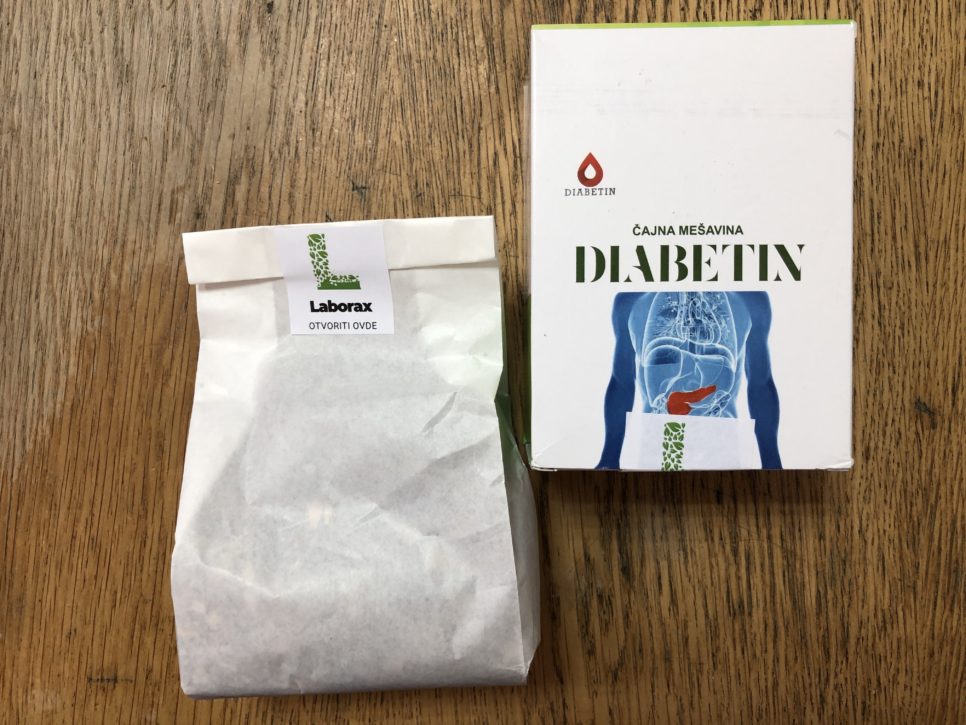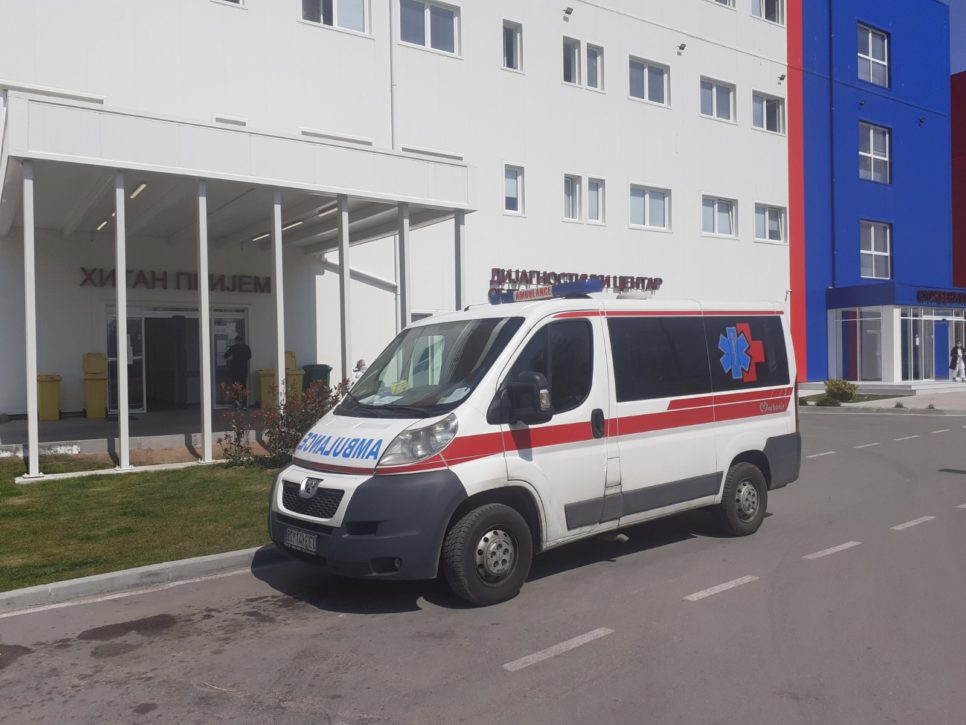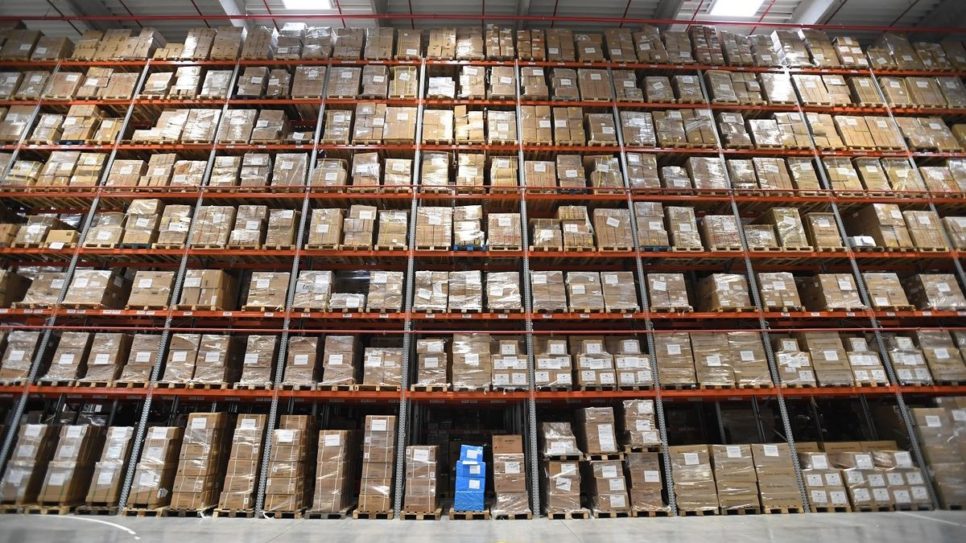As the world counts the infected, healed, as well as those who have died of the coronavirus, hotels and travel agencies are seeing a sharp drop in the number of tourists. Serbian hotel owners told a March 12 press conference that their operations “are currently non-existent,” N1 TV reported.
The director of the National Association of Travel Agencies of Serbia (YUTA), Aleksandar Seničić, in an interview with the Center for Investigative Journalism of Serbia (CINS) points out that it is clear that none of the trips planned for the period until May 2020 will be carried out. He summed up the current situation in the tourism sector as – a disaster.
“At the moment, bookings for around 120,000 travelers are planned for the period March – April – May and we have some 80,000 official cancellations by travelers and agencies. These 40,000 are people who have waited until today to see what will happen to the end of April, beginning of May, the Labor Day holiday. However, you realize that this is 100 percent cancellation. So, all the trips will be canceled,” Seničić believes.
The refund procedure, he explains, will not be simple: “The money for those trips that were quick (author’s note: spring break trips) was transferred to foreign partners and transportation companies. We cannot expect refunds there because they are completely blocked, too.”
“Everything has been canceled” is a sentence CINS also heard from Georgi Genov, director of the Business Association of the Hotel and Restaurant Industry – HORES.
Although the exact number of canceled March bookings in Serbia will not be known before early April, judging by the data of the Statistical Office of the Republic of Serbia for 2019 – the coronavirus pandemic has caused considerable damage to Serbian hotels. In March 2019, Serbia had more than 230,000 overnight stays, most of them in the capital.
This year, according to HORES data, by March 12 more than 36,593 overnight stays were canceled in the 64 member hotels of the association alone.
These hotels, representatives told CINS, are registering booking cancellations on a daily basis.
“As early as March 12, when we had a session of the Managing Board, we were informed by all the members that everything had been canceled – all of March, April, partly May,” Genov told CINS.
He added that certain hotels in Serbia still had guests, such as those located in the mountains.
“Mt. Stara Planina, Mt. Kopaonik, Mt. Zlatibor… People are going out into the fresh air. There haven’t been many cancellations there. The biggest number of canceled [bookings] is in Belgrade, Niš and Novi Sad,”the HORES director specified.
And while Genov says that their main objective is to keep their employees, YUTA representatives underscore that they do not wish to cheat travelers.
“We will find some models for how to be of assistance to them. This is no one’s fault. What can we do, it is what it is. Just a little patience and that they are a little reasonable. We can’t come out with a solution overnight either. We have some ideas, we need the authorities’ consent because these are extraordinary circumstances,” Seničić described the difficulties expected with refunding travelers.
World Travel & Tourism Council data are not encouraging either – the novel coronavirus has jeopardized as many as 50 million jobs in this industry worldwide. The organization has proposed measures to boost recovery once the crisis has passed, such as lifting visas, but also taxes that raise the cost of travel.
Genov adds that it is also true that hotels in Serbia are shutting down, however COVID-19 is not the cause of that.
“The hotel business is accompanied by seasonality. That is a seasonality problem, it’s not year-round continuity. There are periods in Vrnjačka Banja (spa resort) when the hotel is closed. Many hotels in Serbia operate seasonally, except Mt. Zlatibor which has year-round business continuity. If there are no guests, almost all hotels temporarily stop working, let their workers have days off, fix up the hotel and then 15 days later start working,” said Genov.





What do you think